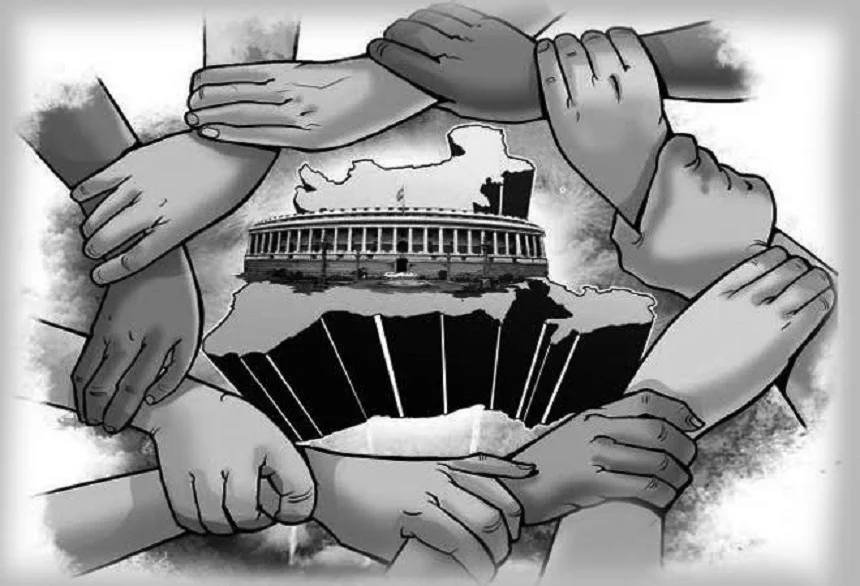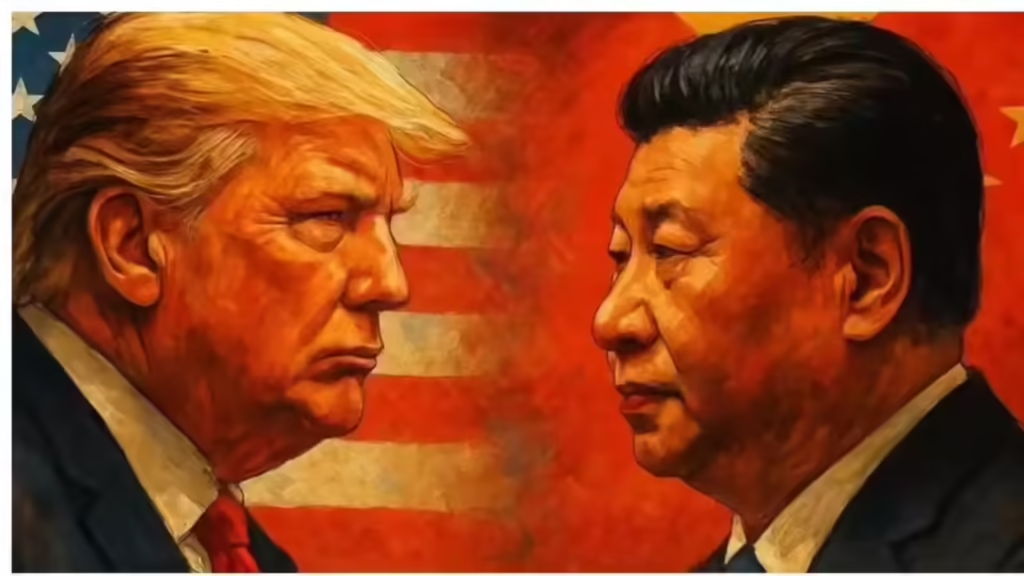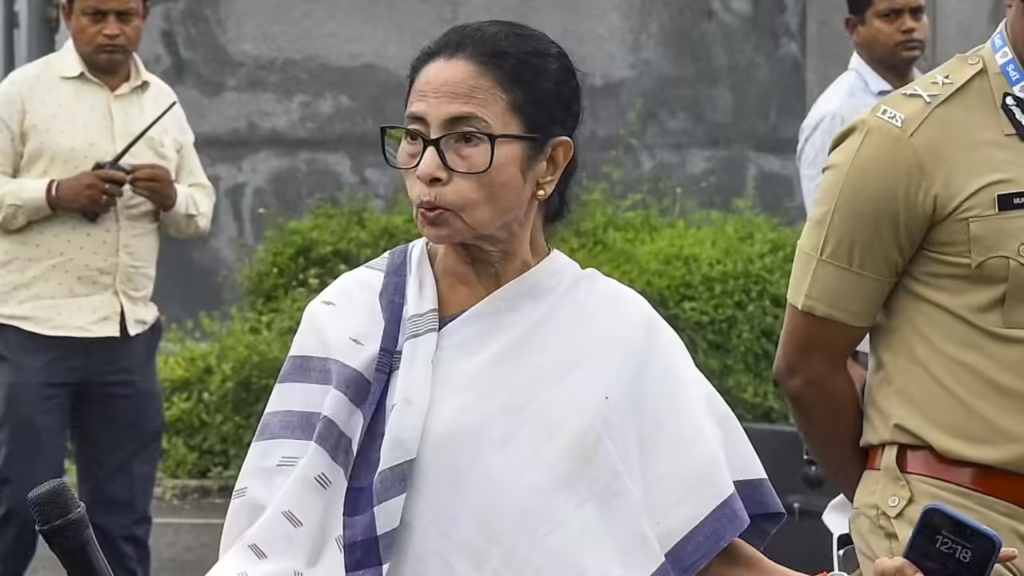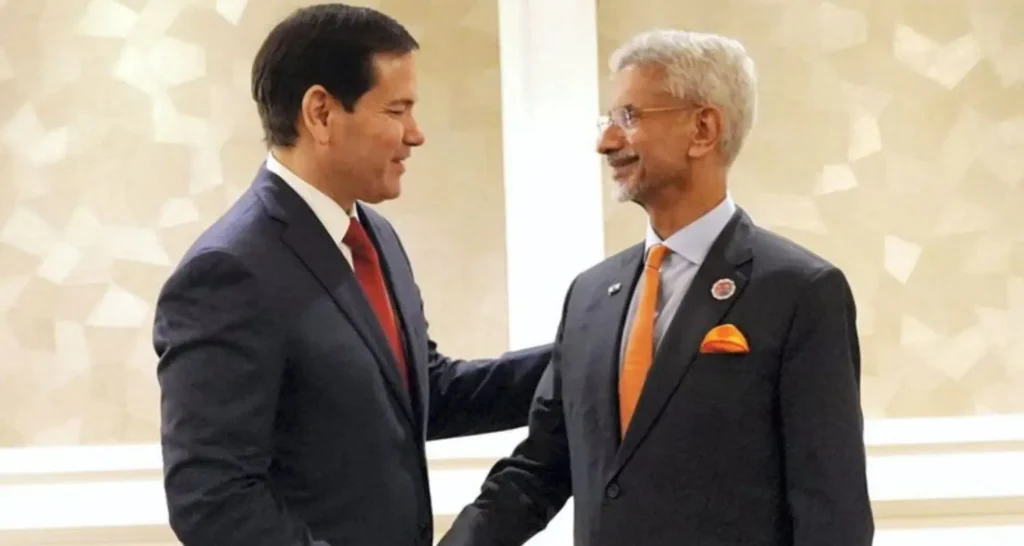Now Reading: India’s Queasy Federalism Faces a Constitutional Crossroads
-
01
India’s Queasy Federalism Faces a Constitutional Crossroads
India’s Queasy Federalism Faces a Constitutional Crossroads

The Constitution (130th Amendment) Bill has revived a central question in Indian democracy: how balanced is our federal system? The proposed law would automatically remove any minister—including a chief minister or the prime minister—who remains in custody for 30 consecutive days for serious offences. While the aim may be to cleanse politics, the move puts the delicate balance between the Union and states under intense scrutiny.
A Shift in Power Dynamics
India’s federal structure is not just a legal framework—it defines how power is shared across the nation. Allowing Parliament to topple elected state leadership raises doubts about whether states remain truly autonomous. Critics worry this could tilt the system toward centralisation, undermining the principle of federalism enshrined in the Constitution and tested over decades of bipartisan consensus.
What It Means for States
In cities like Jaipur, Lucknow, and Chandigarh, where local governance matters deeply, the amendment might feel abstract. But when the legislation potentially overrides state authority, everyday civic concerns—from infrastructure to public services—become part of a broader power shift. State governments, already navigating limited fiscal space and political challenges, could feel further constrained by top-down interventions.
Balancing Clean Governance with Democratic Integrity
A fair point cuts through the debate: political accountability matters. Criminal conduct by public officials shouldn’t go unchecked. Yet the manner of enforcing it raises constitutional concerns. Instead of sweeping legislative action, many advocate strengthening existing institutions—judiciary, election oversight, investigative agencies—to safeguard both justice and democratic norms.
Repercussions for the Future
If passed, this amendment might set off a chain reaction—empowering Parliament to expand control over state domains. The fear is not only of overreach but of chilling state-level leadership, especially opposition voices. In a vibrant democracy, the strength of the Union lies in the equality of its units. This law could risk disturbing that balance.
Conclusion
Here’s the core of the matter: India’s federalism isn’t just theory—it’s the structure safeguarding diversity, local voices, and regional accountability. In confronting corruption, unity must not eclipse autonomy. The way forward demands reform, yes—but not at the cost of the federal spirit that holds the nation together

























